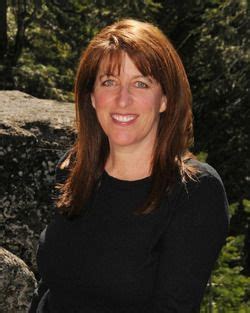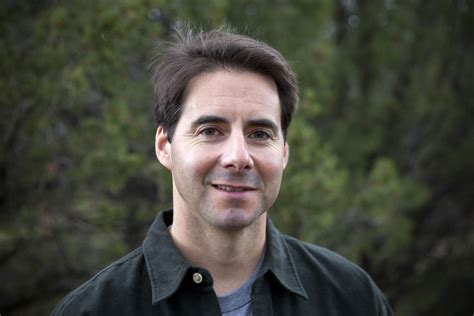A Quote by Lydia Millet
I had hoped that going to Hiroshima would reveal something small, gritty, and precise to countervail the epic quality of historical accounts.
Related Quotes
Look, I like gritty. I write gritty. There is a time and a place for gritty. I'll take my Batman gritty, thank you, and I will acknowledge that such a portrayal means that my 11-year-old has to wait before he sees The Dark Knight. But if Hollywood turns out a Superman movie that I can't take him to? They've done something wrong.
There are probably very few people who have not at some time of their lives had some quality of genius. If they have not had such, it is probable that they have also been without great sorrow or great pain. They would have needed only to live sufficiently intently for a time for some quality to reveal itself. The poems of first love are a case in point, and certainly such love is a sufficient stimulus.
At the end of the day, if there was indeed some Body or presence standing there to judge me, I hoped I would be judged on whether I had lived a true life, not on whether I believed in a certain book, or whether I'd been baptized. If there was indeed a God at the end of my days, I hoped he didn't say, But you were never a Christian, so you're going the other way from heaven. If so, I was going to reply, You know what? You're right. Fine.
I was first published in the newspaper put out by School of The Art Institute of Chicago, where I was a student. I wince to read that story nowadays, but I published it with an odd photo I'd found in a junk shop, and at least I still like the picture. I had a few things in the school paper, and then I got published in a small literary magazine. I hoped I would one day get published in The New Yorker, but I never allowed myself to actually believe it. Getting published is one of those things that feels just as good as you'd hoped it would.
The American appetite for loneliness impressed me, and there was something about this solitude that freed conversation. One night at a bar, I met a man, and within five minutes he explained that he had just been released from prison. Another drinker told me that his wife had passed away, and he had recently suffered a heart attack, and now he hoped that he would die within the year. I learned that there's no reliable small talk in America; at any moment a conversation can become personal.







































